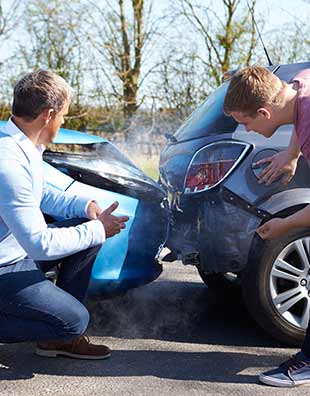
Collision and comprehensive
While these are both important types of car insurance, you're not bound by law to purchase either. You must, of course, have the mandatory minimum of liability coverage that will pay if you're involved in an accident or injury to another person or property. But it's not actually a legal requirement to have either of these types of insurance.
Read More




